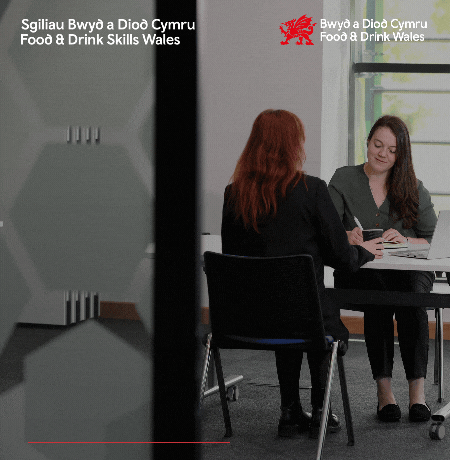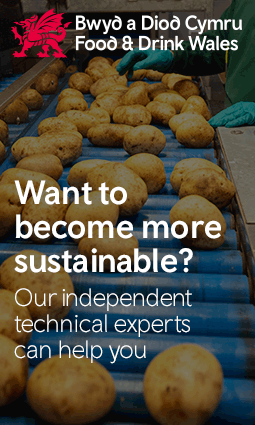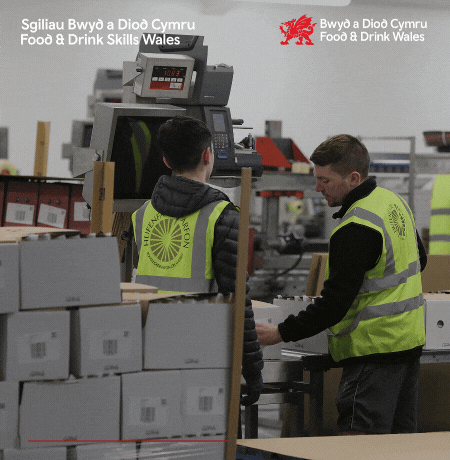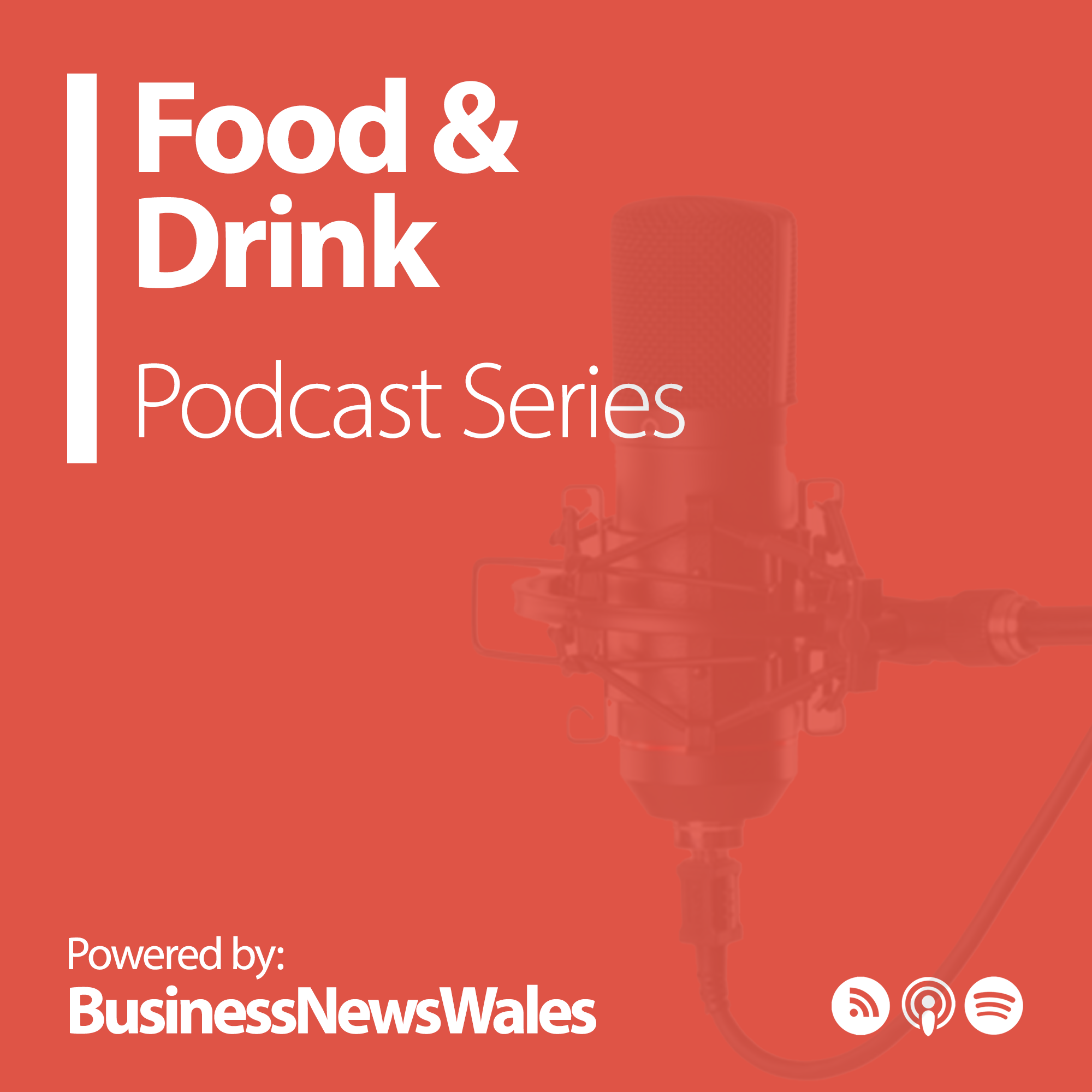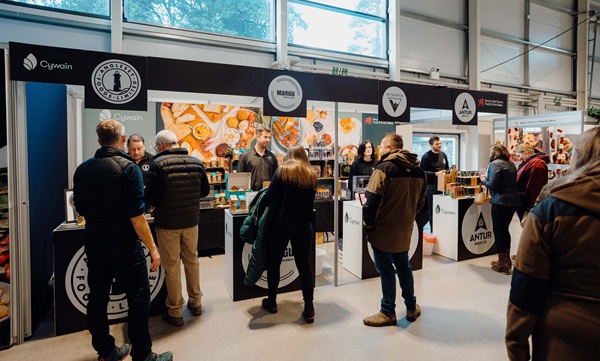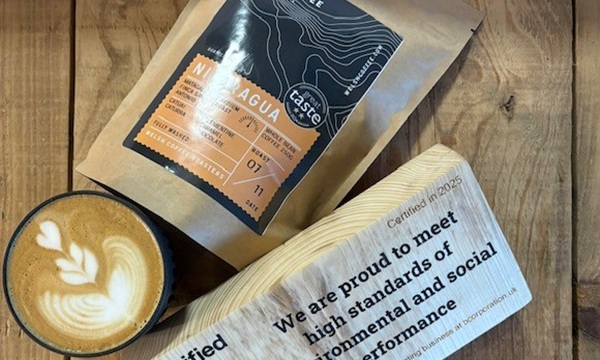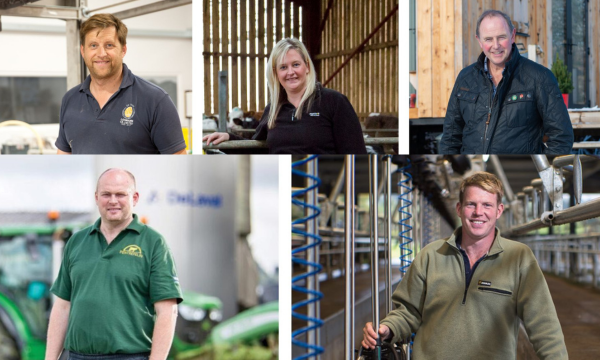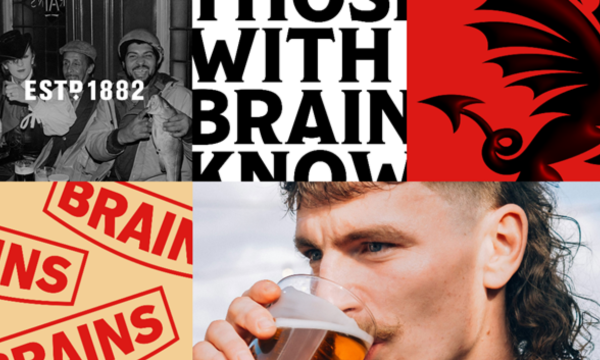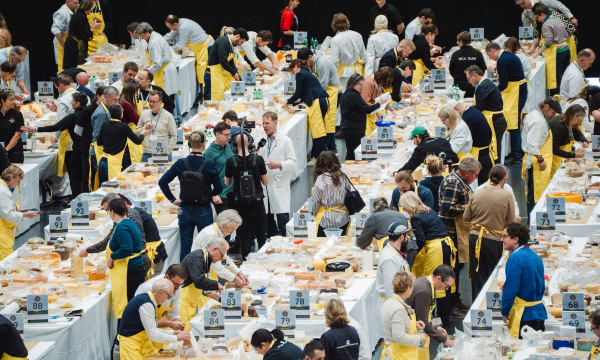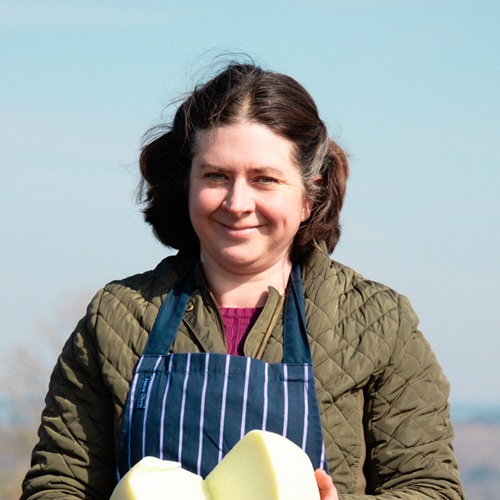
GUEST COLUMN:
Natalie Hepburn
Farmer
Garlic Meadow
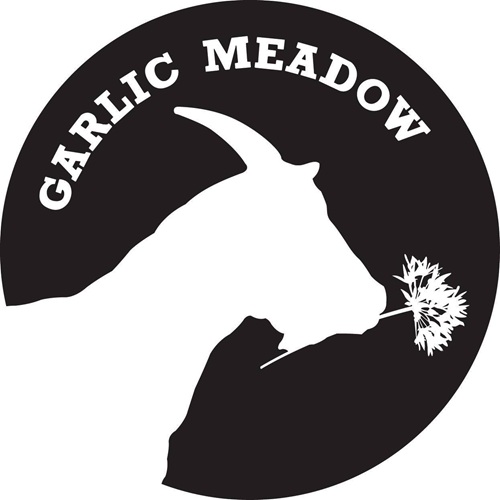
If the word ‘farmer’ once conjured up tweed and tractors, it’s well overdue a rethink. These days, even the title hardly covers it. With farms diversifying to survive and thrive, we’re stepping into new roles that demand far more than traditional livestock management.
I’ve started calling it something else entirely: “farmpreneur”. It’s a better fit for the juggling act so many of us are doing – and it reflects the entrepreneurial shift that’s happening in farming right now.
At Garlic Meadow, our small farm straddling the edge of Cardiff and the Vale of Glamorgan, that shift has been gradual but transformative. What began as a few sheep and chickens has evolved into a business producing everything from goats’ milk skincare to sheep’s wool yarn and organically tanned sheepskin rugs. We now run a small herd of goats and pedigree flocks of Dorset Down and Black Welsh Mountain sheep, with a strong focus on animal welfare, environmental impact and regenerative grazing where we can.
The goats’ milk skincare products were the first step. It started simply, really – I had milk, and I needed to do something with it. With no fixed electricity on site and stream water for the animals, meeting food hygiene standards for a dairy product would have required major investment. Making soap and moisturisers from the milk, however, didn’t come with the same barriers. It could be done at home, in small batches, with proper cosmetic safety checks but without the infrastructure costs.
That product line has grown steadily. We now offer a full range of soaps, shaving products and moisturisers, all free from palm oil, artificial fragrances and plastic packaging. They’re sold online, at farmers’ markets and through local shops – and their success made us start thinking more seriously about what else we could do with the milk we were producing.
That’s what led us to cheese. The newest part of the business is a range of sheep’s milk cheeses, made in collaboration with Food Centre Wales in Llandysul. It’s a shared production facility where we can pasteurise the milk and make the cheese with the support of on-site experts. It’s a great way to scale gradually – we hire the unit, make the cheese in batches, and store it there until we sell it through markets and events.
We’re now making around 600kg of cheese a year over six cheesemaking rounds, and we’re doing it collaboratively. The owners of a West Wales farm who are looking to retire have been part of this journey too. We’ve learned a huge amount from them and from the process itself, and it’s helped us shape our plans for the future. The aim is to eventually bring cheesemaking closer to home, with our own production facility in Cardiff and a larger flock to support it.
This collaborative approach has made all the difference. Farming can be a solitary business, especially when you’re trying something new, but sharing resources and knowledge with other producers has opened up far more opportunities than going it alone ever could.
That spirit of co-operation is something I’m exploring further through my Nuffield Farming Scholarship, which focuses on how farms take products to market.
There’s growing pressure on farms to diversify, but it’s not as simple as adding a product line. When you choose to direct-sell, you suddenly take on production, packaging, marketing, customer service – the list goes on. The jump from ‘I’ve got milk’ to ‘I’m on a market stall’ is a steep one, and it comes with time, cost and complexity that’s often underestimated.
That’s why collaboration is key. Whether it’s shared production spaces, joint marketing efforts, or mentoring from more established producers, the farms that succeed in diversification tend to be those that lean into the strength of their networks. In Wales, I think we’re fortunate. We’ve got access to great support through Cywain, which helps with product development and packaging, and through Farming Connect, which offers practical help in taking a product to market.
Our own farm is a patchwork – not one big site, but several small pieces of land we’ve bought or secured grazing rights to over time. It reflects our approach to the business: building gradually, adapting constantly, and working alongside others to grow something that wouldn’t have been possible in isolation.
There are still big decisions ahead. We’re not wholesaling cheese yet, for example, because the volume of milk we produce can’t meet demand beyond our direct sales. But that’s a conscious choice – we want to grow sustainably, and make sure every step we take is backed by the right infrastructure, rather than overextending too soon.
What I’ve seen, both at home and through my research across the UK and abroad, is that the farms leading the way are those prepared to blur the lines between sectors, challenge traditional models, and put the customer at the centre of what they do. These are people who don’t just run farms – they run businesses, launch products, test new markets, build brands.
That’s why I say the word ‘farmer’ no longer tells the full story. The people I’m meeting through this work – and many of the small producers in Wales – are farmpreneurs. And I think that’s where the future of farming lies.
Vale of Glamorgan Council recently launched the Taste of the Vale directory, which aims to connect residents and visitors with local food producers. The directory highlights the county's food and farming heritage, and provides a guide to local producers, vineyards, dairies, bakeries, and more. To view the Taste of the Vale producer directory, visit the webpage.


